


The concept of personal hygiene is universally understood. It encompasses practices such as washing your hands to prevent the spread of diseases. But what is ‘sleep hygiene’? Simply put, sleep hygiene refers to developing good habits that help you get to sleep, just like developing the habit of washing your hands before eating.
This article will give 14 sleep hygiene tips we hope you will adopt as healthy habits that encourage better quality sleep.
‘Sleep hygiene’ means habits that help you to have a good night’s sleep. Common sleeping problems (such as insomnia) are often caused by bad habits reinforced over years or even decades. You can dramatically improve your sleep quality by adjusting your lifestyle and attitude.
Sleep hygiene factors such as bedtime, nighttime rituals, and disruptions to sleep are critical elements that help promote a good night’s rest. There are sleep hygiene tips for these factors in the later paragraph.
Having difficulty falling asleep, experiencing frequent sleep disturbances, and suffering daytime sleepiness are the most telling signs of poor sleep hygiene. A lack of consistency in sleep quantity or quality can also be a symptom of poor sleep hygiene.
Limiting bedtime consolidates sleep by increasing wakefulness and reducing bedtime. That means don’t spend too much time in bed; most of it is spent sleeping.
This can help increase the amount of time you spend in deep sleep. Spending too much time in bed can lead to fragmented and light sleep.
So, no matter how long you sleep, wake up the next day at your regular wake-up time.
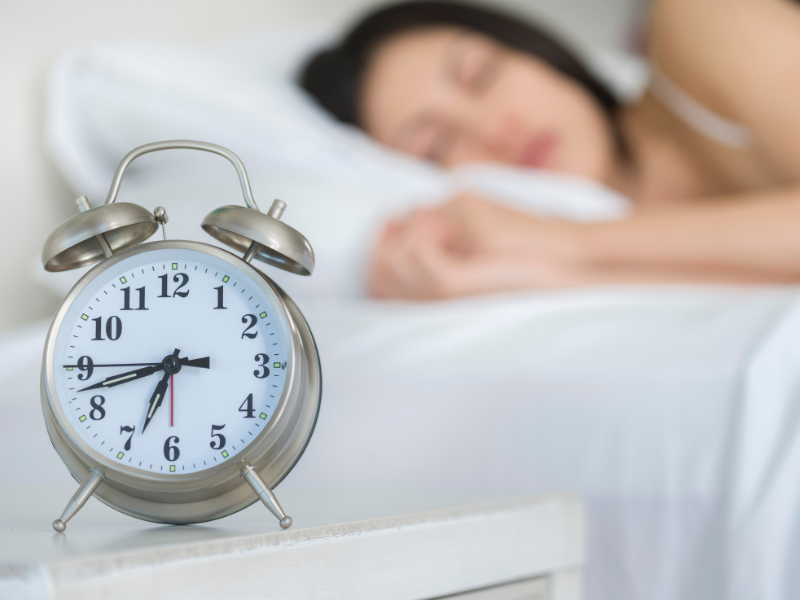
At least not right before bed. This includes computers and phone screens. These electronic screens emit blue light, and light of this wavelength interferes with the release of melatonin, a hormone that helps promote sleep.
Therefore, prolonged exposure to electronic products before bed can also interfere with sleep.
Exercise could help people reduce the difficulty of falling asleep and help promote deep sleep.
So regular exercise can make it easier to fall asleep and make you feel better on waking. A routine is vital to maintaining your physical and mental health, so establish a regular habit. This can really improve your overall quality of life.
Choose workouts that require no equipment or routines incorporating free weights or machines, depending on your lifestyle. Also, consider express workouts when you are short on time. JustFit offers a broad suite of challenging yet achievable workout programs.
At the same time, try to avoid exercising 3 hours before bed. This can lead to problems when it comes to winding down for the night.
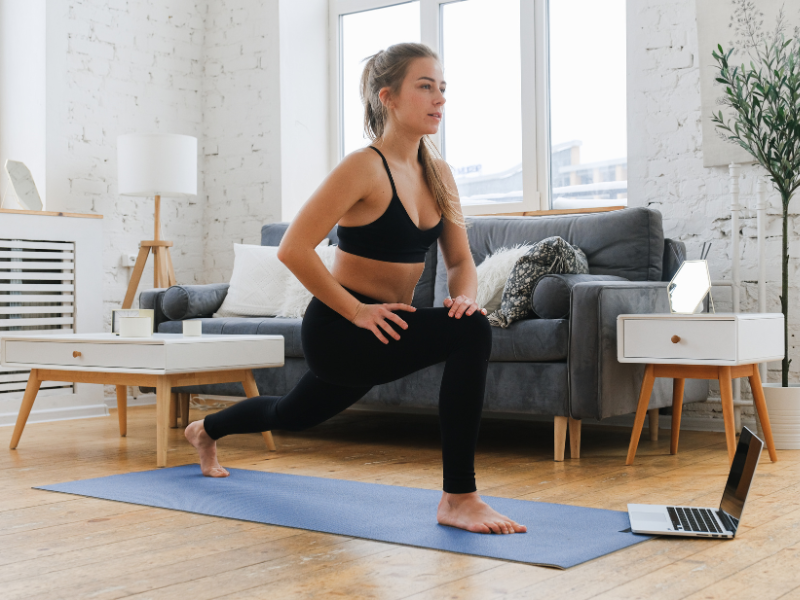
A comfortable, quiet sleeping environment can help reduce the possibility of awakening at night.
Carpeting or a rug, curtains, and closed doors may help ensure your room is quiet and you aren’t disturbed during the night.
The effect of noise is often underestimated. Scientists performed a study in which they monitored the sleep of individuals who lived near an airport with an EEG machine.
Although most participants said they were unaware of the planes overhead, the EEG showed that the brain awakened every time an airplane flew over them.
Which led to me feeling tired the next day. So, do your best to maintain a quiet environment.
Another often overlooked part of the sleep environment is bedroom temperature. Often, people make do with bedrooms that are too cold or too hot.
Some scientists suggest a cold environment may help sleep, but not too cold: a temperature between 15.6-20℃ (around 65 degrees Fahrenheit) is probably best.
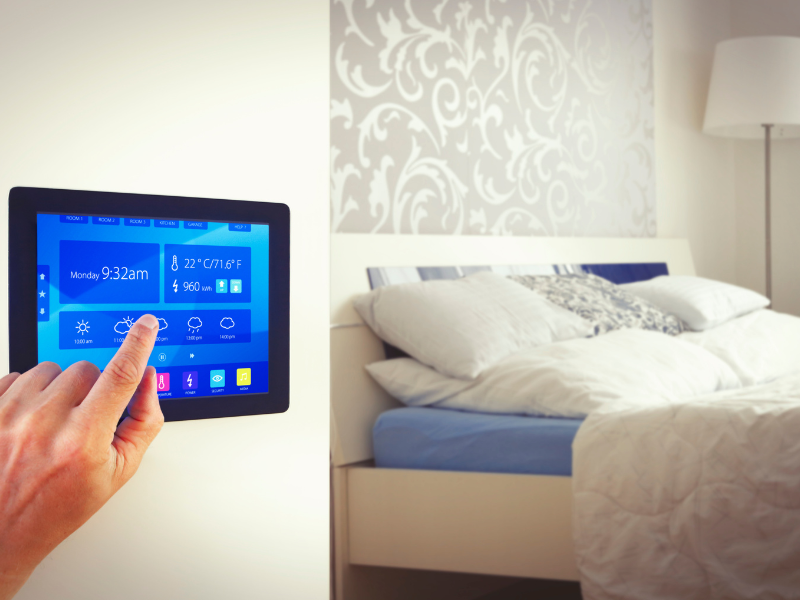
Hunger can negatively affect sleep. Eating a small carbohydrate-rich snack before bed can help you sleep.
Avoid greasy foods or other foods you find difficult to digest. Even if you’re ready to sleep, they can keep you awake longer and even cause bad dreams.
Good hydration is essential, but it can be a sleep stopper. Too much liquid before bed may lead to frequent urination, especially for older men, and make it much harder to fall asleep.
Nothing stops you from getting to bed better than not being in bed. Approximately one standard glass of water (or other beverage) during the 4 hours before going to bed should be enough.
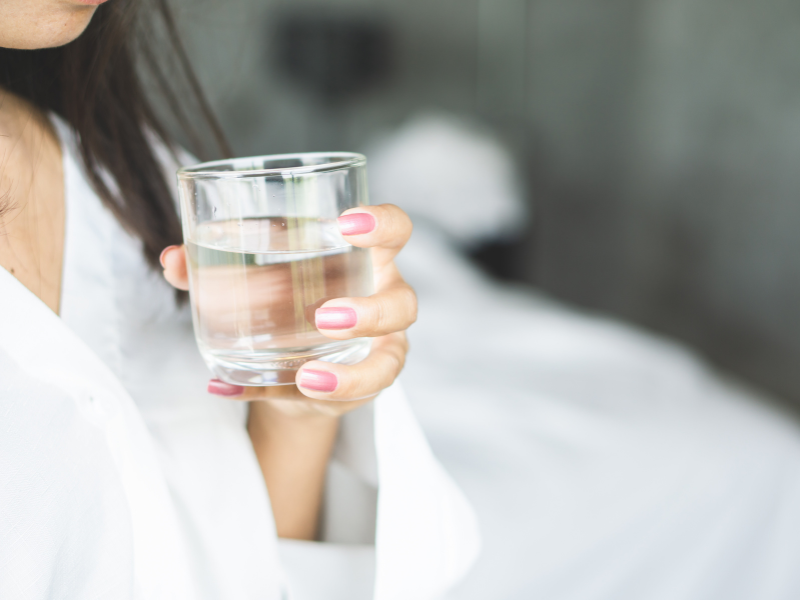
Caffeinated beverages and foods (coffee, tea, cola, chocolate) are not a good idea if you’re trying to fall asleep.
But even if you get to sleep, they can cause waking during the night and light sleep, disrupting your circadian rhythm.
Everyone has a different sensitivity to caffeine. For those who are not very sensitive, you can drink a little coffee in the morning or afternoon to combat poor sleep or natural fatigue.
But it might be best to be cautious for those who do not often drink coffee or tea.
Although a drink before bed might make you feel sleepy, it will cause problems during sleep later in the night.
Alcohol has a relatively short half-life, which can lead to rebound awakening and insomnia, and the feeling of dehydration can also prompt waking during the night.

In addition to all the other reasons not to smoke, it can negatively affect sleep patterns.
Nicotine is a stimulant that causes difficulty sleeping. Additionally, smoking causes respiratory issues, which also leads to irregular sleep problems.
If you’re a heavy smoker and you want to quit, be aware that nicotine withdrawal might hinder your sleep. Seek help and other resources for how best to quit smoking.
We all have our own worries. Unfortunately, they can often follow us to bed. Some scientists argue that the brain does not fall asleep simultaneously but in stages.
The first region of the brain that falls asleep is used in concentration, logical thinking, and judgment.
If you are busy mulling over problems from your day, this can stop this region from falling asleep and thus prevent every subsequent region from falling asleep as well.
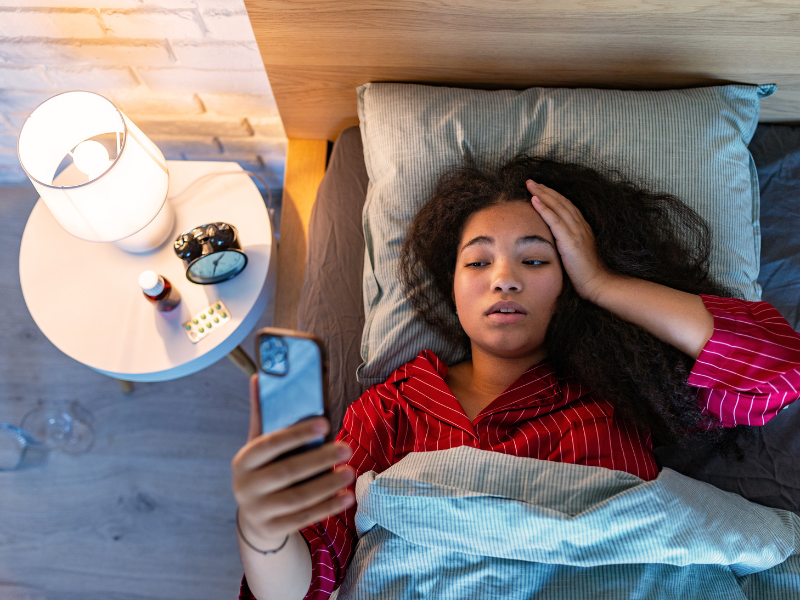
Don’t toss and turn, waiting to fall asleep. Instead, turn on the light, leave the bedroom, and do something else until you’re tired.
Try a relaxing activity that is a bit unexciting, like reading. You can try other relaxation techniques like meditation, breathing exercises, journaling, or incorporating white noise. Go back to bed only when you feel sleepy.
Put your alarm clock somewhere out of reach. Under your bed or anywhere you can’t see.
Watching the seconds, minutes, and hours of possible sleep tick away will only cause frustration, anger, and worry, interfering with sleep and accidentally promoting insomnia.
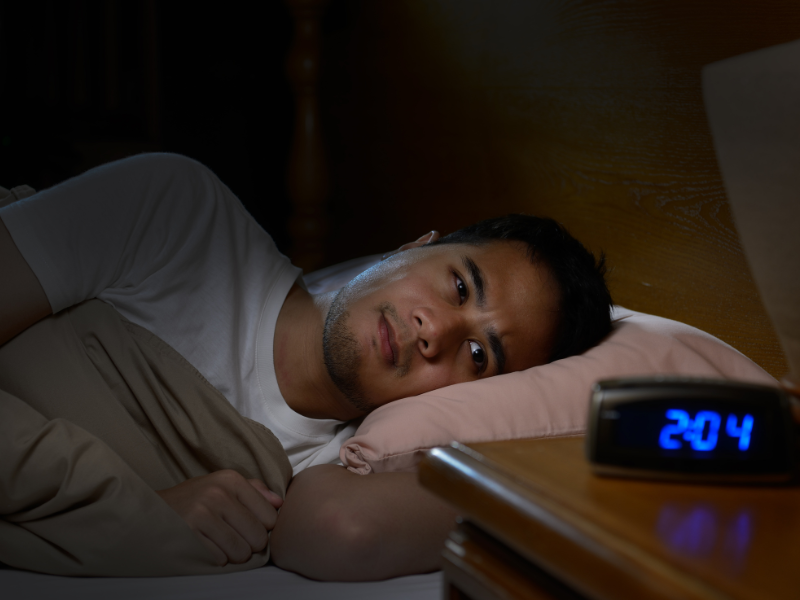
Staying awake during the day can help people sleep better at night. If you need a pick-me-up, it’s best to take no more than an hour.
If you have sleep problems, try some (or all) of these tips. Of course, this is only the most essential sleep advice. You can also try ShutEye®, an all-in-one sleep app. ShutEye® brings various tools to help you fall asleep and understand your sleep cycles from a scientific perspective.
Everyone’s sleep is different, so try to figure out what works best for you. If you’ve already tried all of these sleep hygiene tips, or you’re worried about your sleep problems, please get in touch with a doctor as soon as you can.
Basner, M., Witte, M., & McGuire, S. (2019). Aircraft Noise Effects on Sleep-Results of a Pilot Study Near Philadelphia International Airport. International journal of environmental research and public health, 16(17), 3178. https://doi.org/10.3390/ijerph16173178
Cleveland Clinic (2021) What’s the Best Temperature for Sleep? [online]. https://health.clevelandclinic.org/what-is-the-ideal-sleeping-temperature-for-my-bedroom/
Stanford News (2016) Portions of the brain fall asleep and wake back up all the time, Stanford researchers find [online]. https://news.stanford.edu/2016/12/01/portions-brain-fall-asleep-wake-back-time-stanford-researchers-find/